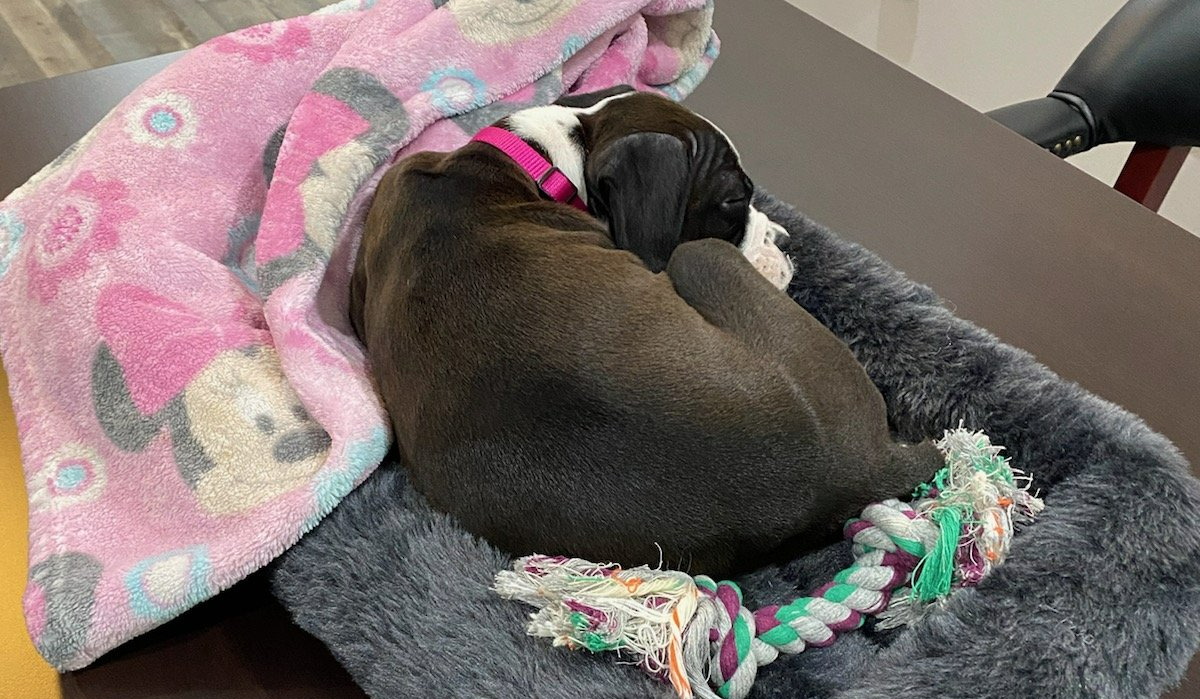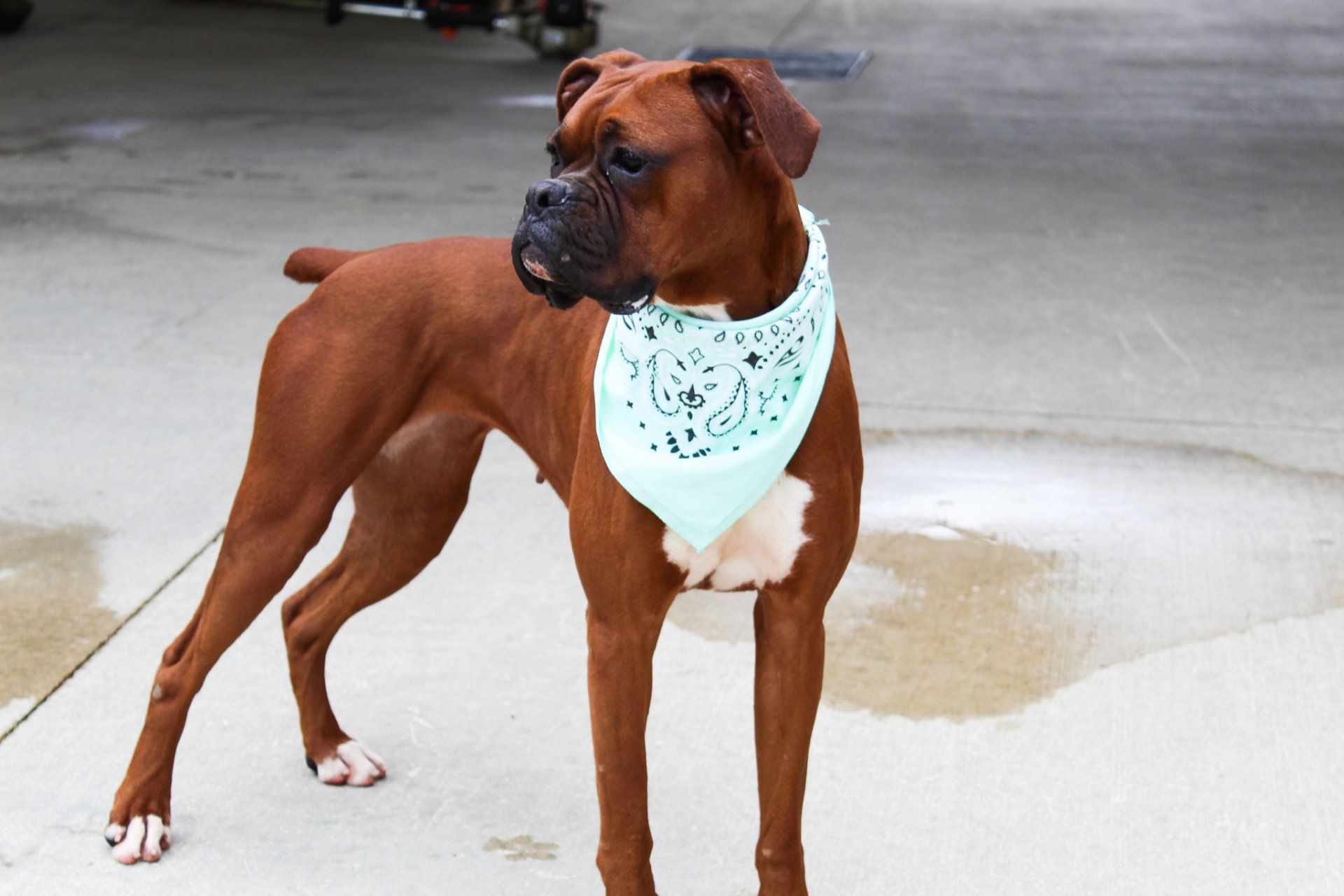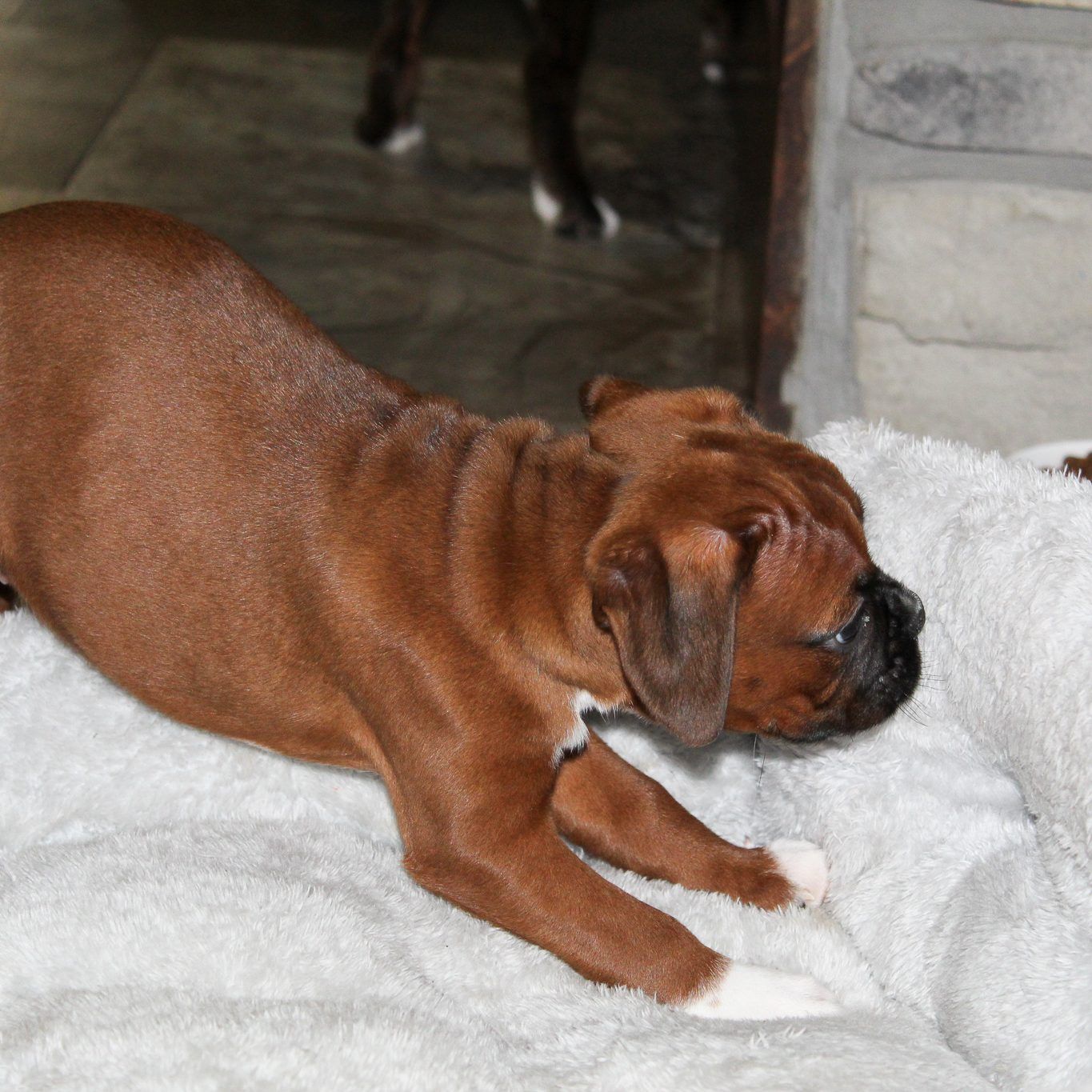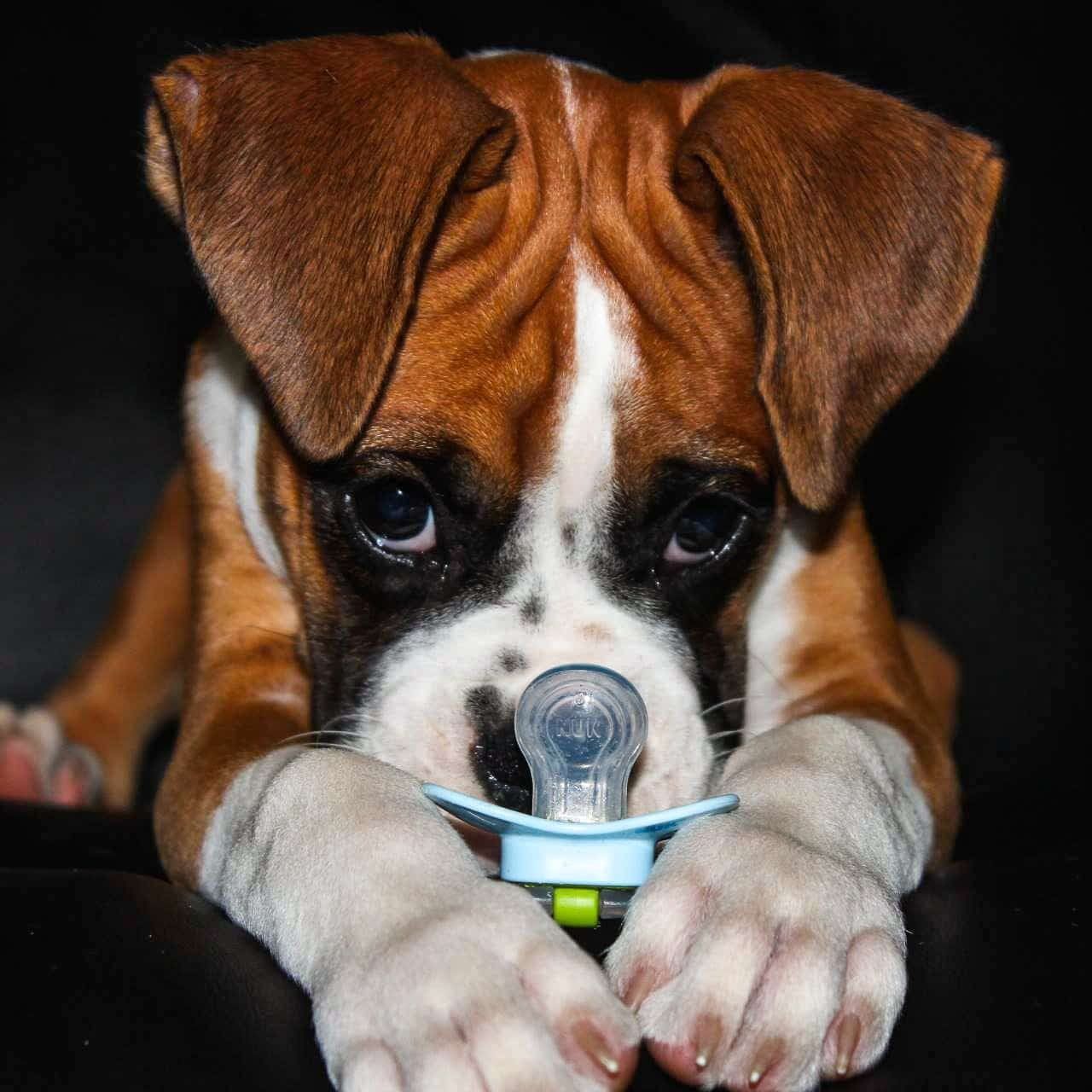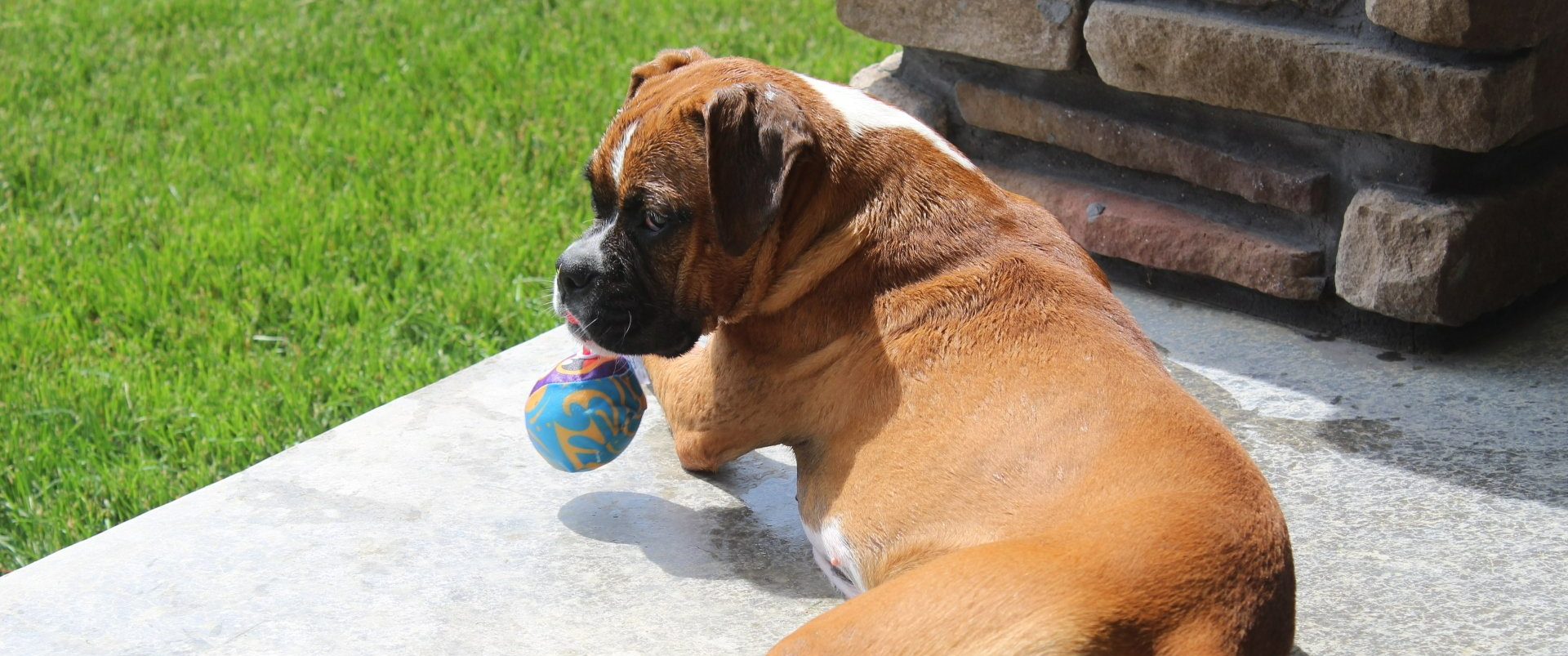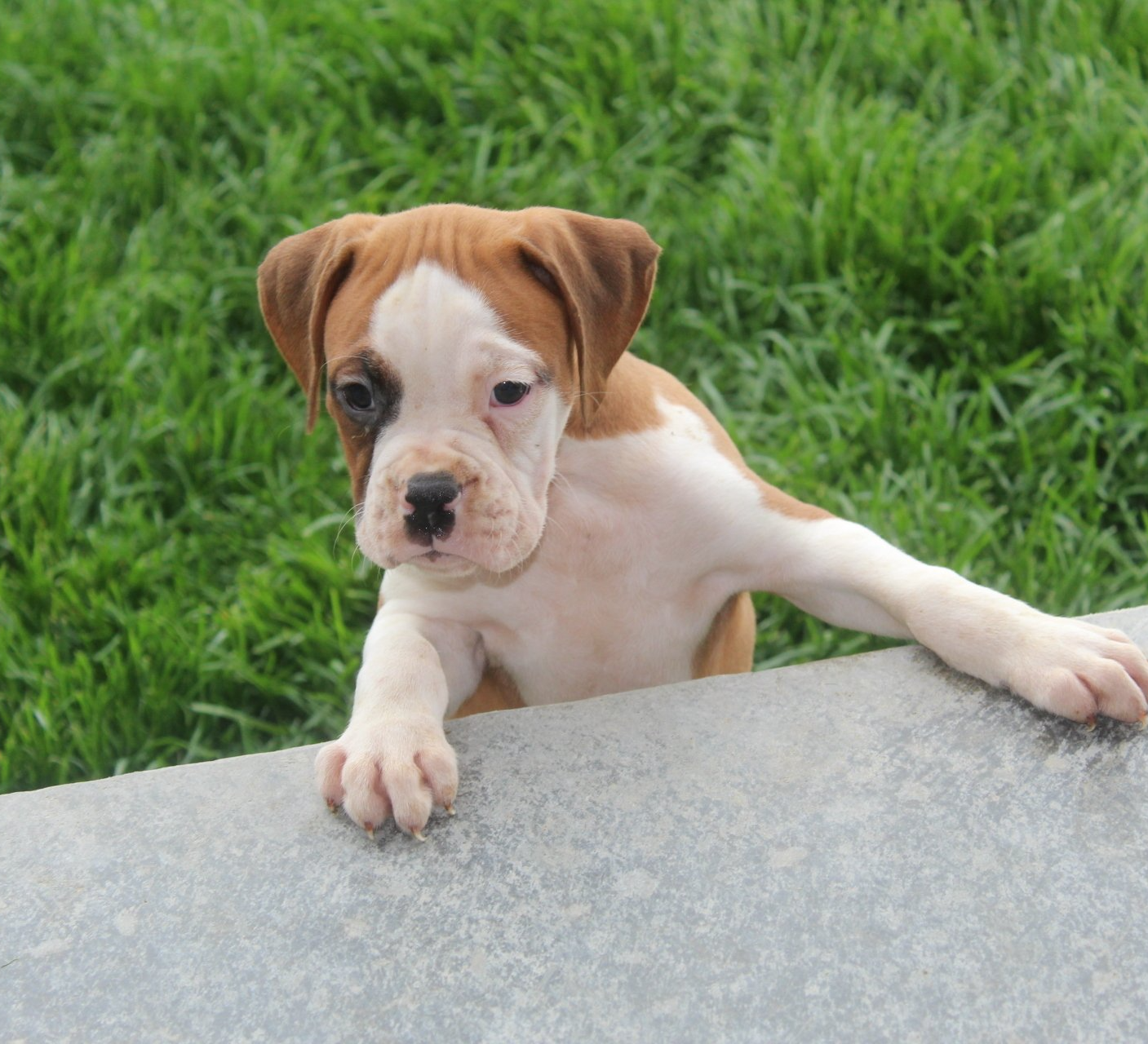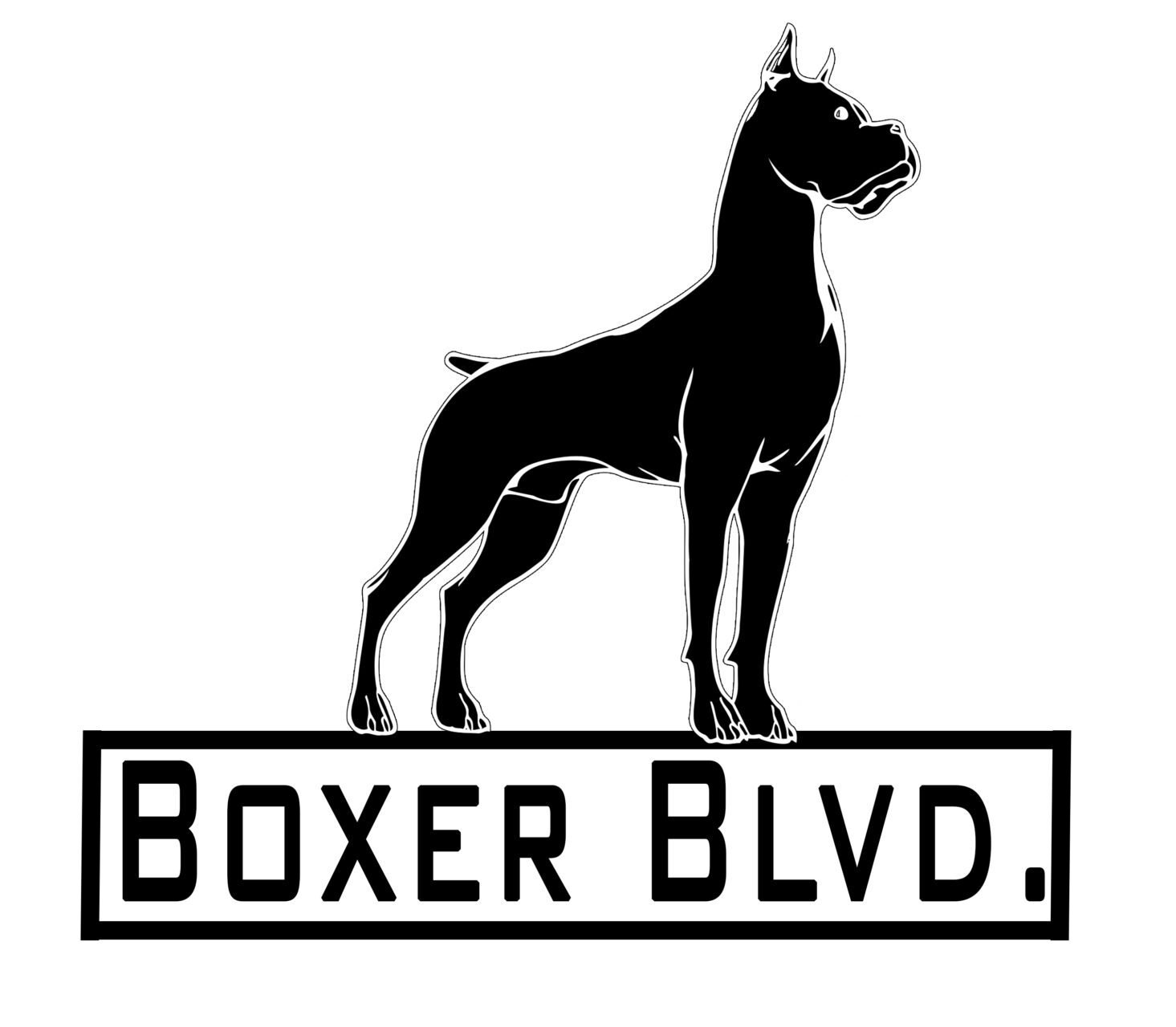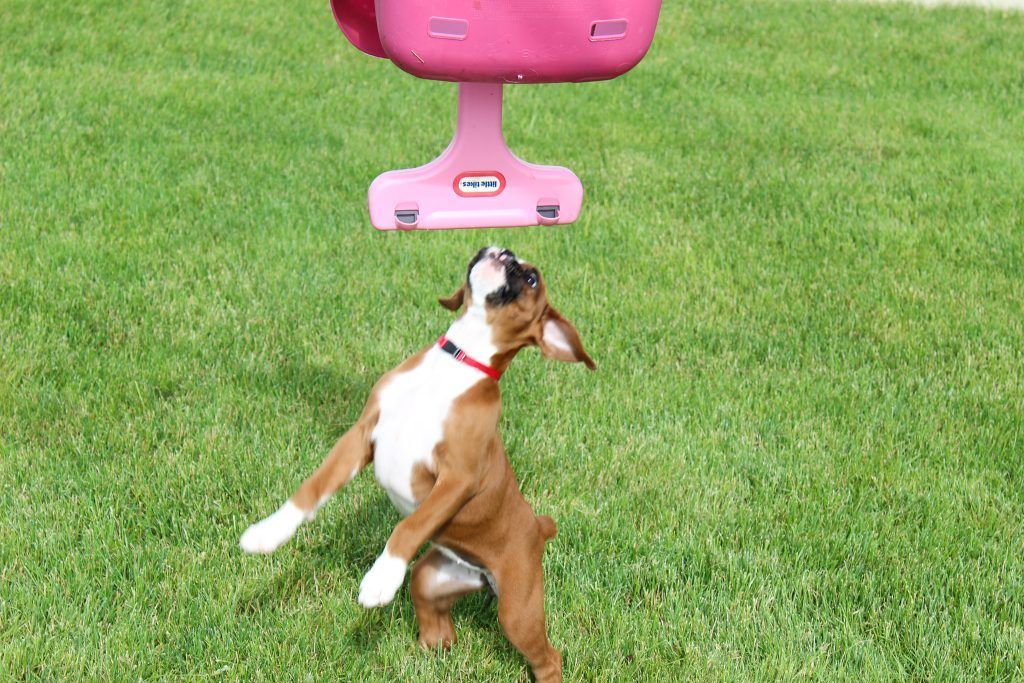Giving the Dog a Bone
Why some bones are safe, and some are dangerous.
There are 2 major factors that affect whether a bone is considered dangerous. Size, and Structure!
Structure: The most dangerous element is the structure. When a meat bone is cooked it loses its calcium as well as the moisture (which evaporates as the bone cools). This makes the bone very brittle and as it is chewed it will splinter. The splintered bone can cause serious damage to the mouth, esophagus, intestines, and even the rectum.
Size: the second factor is how big the bone is, small bones (such as chicken bones and baby back rib bones), can get stuck in the esophagus as the dog will try to swallow them whole. So even if they are left raw (which gives them more flexibility) they are still very dangerous because of the extreme choking hazard they pose.
But aren’t bones healthier than the snacks you buy at the store? Not necessarily, it is a common misconception that bones have high nutritional value. About 70% of the bone is inorganic and contains little to no nutritional value, it does, however, contain collagen, that is found in the other 30% of the makeup. Collagen is a fibrous protein which dogs cannot digest well. As a matter of fact, it passes through their system much like the fillers found in commercial dog foods. The marrow is really the only portion that has any real nutritional value, and there is usually very little left by the time it has been cooked.
Are bones good for a dog’s teeth? While it is true that chewing and gnawing are important for jaw strength and help to keep teeth strong and clean, they can get this and much more from dental chews and the like. Raw bones can be very hard and can cause teeth to break and crack, also as mentioned before the damage that can be done from (cooked) splintering bones is not worth the limited benefits gained. Also, it is important to know that too much bone can cause constipation.
So, in closing may we suggest that if you really want to give your Boxer a bone;
- Veal bones tend to splinter less than most others
- Raw knuckle bones are considered “safer”, you can find them at the market labeled as soup bones
- Beef of bison femur or hip bones are a good bone for boxers (not small dogs and not dogs with dental issues or dental work) these are to be chewed only (not chewed and swallowed)
Please never give your boxer;
- Marrowbone rings
- Chicken or turkey bones
- Ham bones
- Baby back or spare rib bones
If your Boxer has eaten a bone by accident:
- Immediately check his mouth for damage
- Feed your boxer some rice or bread right away-this will act as a cushion as the bones move through his system
- Monitor your boxer the next three days- watch him for signs of blockage or internal injury (fever, whining, reluctance to exercise, straining) if you notice any of these signs take your dog to the vet.
